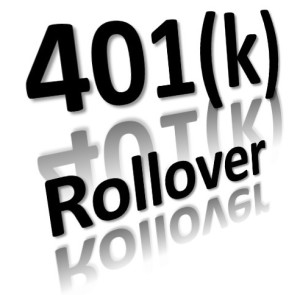THE MONEY MINUTE: Cryptocurrencies are here to stay
 by Jac M. Arbour CFP®, ChFC®
by Jac M. Arbour CFP®, ChFC®
President, J.M. Arbour Wealth Management
Many people have heard of Bitcoin. It is the most popular crypto on the planet. However, it is one of only many. How many may you ask? Around 7,000 as I write this. Alternative coins, also known as altcoins, such as Ripple, Litecoin, and Ethereum, are also highly popular and in strong demand.
Ethereum is one of the altcoins that is having a banner year due mostly to the hype around DeFi, a term used to describe Decentralized Finance, which has resulted in systems that are typically built on Ethereum’s blockchain technology. What is this, and why is it important? Here is my thought on that.
For years, people have been asking me about cryptocurrencies and my thoughts on Bitcoin. My answer has always been the same: do not focus only on the market value of the coins, but also on the technology that supports those coins and gives those coins life and longevity, or the lack thereof.
More specifically, pay attention, and more important, study the underlying blockchain technology that makes any specific cryptocurrency all that it is. Once you understand the power and infinite capacity of the blockchain, you will realize that the value is not only in the fluctuations of the market price of the coins or in the coins themselves, but in how the underlying technology will change the world, in every sector and every industry, within ten years. Maybe less.
Decentralized Finance is blockchain technology in motion, aimed at creating decentralized instruments and platforms that allow for trading options, lending capital, exchanging currencies, and doing it in a way where there is no third-party intermediary, it is completely anonymous and essentially, instantaneous.
Blockchain technology will change how people buy everything and anything. It will change how we buy homes and our need for attorneys, closings, title insurance, etc. It will change how we prove what we own. It will change the need for a registry of deeds, as the blockchain can instantly prove, and transfer when needed, ownership of anything: a home, a business, a vehicle, an heirloom.
It will change how we are prescribed medication, how we order it, pay for it, and how it is delivered. It will compound the effects of artificial intelligence and team up with it to create AI that becomes, and is already known, as super AI. The applications are endless.
Pay attention to some of the altcoins. As DeFi ramps us, and as bitcoin is more universally adopted, these other coins could follow suit. In all cases, do not pay attention to only the coins, but also to the universal applications of the underlying technology: blockchain. It is the lifeblood of these coins and so much more to come.
Here is what I promise: Learn more about blockchain, and you will uncover more opportunities than just cryptocurrencies.
See you all next month.
Jac Arbour CFP®, ChFC®
Jac Arbour is the President of J.M. Arbour Wealth Management. He can be reached at 207-248-6767.
Investment advisory services are offered through Foundations Investment Advisors, LLC, an SEC registered investment adviser.
John Auer joins J. M. Arbour
J.M. Arbour welcomes John Auer to the team. John is a current student at Bowdoin College (Class of 2023) and joins the JMA team as a Relationship Development Assistant. John has an inherent interest in financial planning and private wealth management, and found alignment with JMA’s unique level of client commitment and our investment in ending childhood hunger in Maine. Welcome to the team, John. We are honored to have you.
See also: TECH TALK: Virtual Money – The next evolution in commerce



